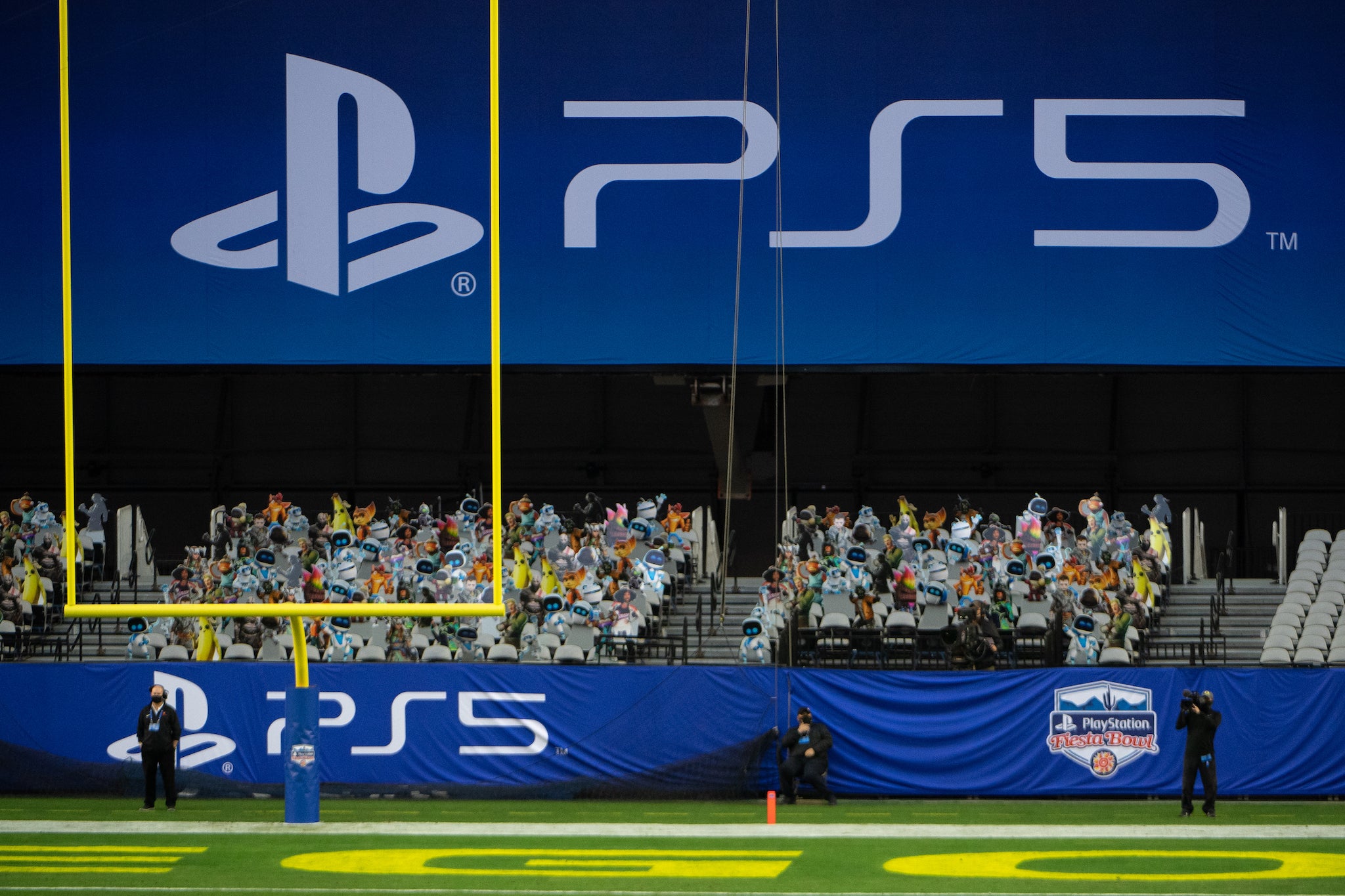People who haven’t already bought devices for Christmas might not get them in time, chip boss warns

Your support helps us to tell the story
From reproductive rights to climate change to Big Tech, The Independent is on the ground when the story is developing. Whether it's investigating the financials of Elon Musk's pro-Trump PAC or producing our latest documentary, 'The A Word', which shines a light on the American women fighting for reproductive rights, we know how important it is to parse out the facts from the messaging.
At such a critical moment in US history, we need reporters on the ground. Your donation allows us to keep sending journalists to speak to both sides of the story.
The Independent is trusted by Americans across the entire political spectrum. And unlike many other quality news outlets, we choose not to lock Americans out of our reporting and analysis with paywalls. We believe quality journalism should be available to everyone, paid for by those who can afford it.
Your support makes all the difference.People who haven’t yet bought devices such as PlayStations and smartphones might not get in them in time for Christmas, the boss of one of the world’s biggest chip makers has warned.
The world is currently in the grips of “the most extreme” chip shortage that Simon Segars, chief executive of chip firm Arm, has ever seen, he told the Web Summit event in Lisbon.
The difficulties getting hold of the processors that nowadays power everything from watches to cars mean that there might not be time to actually buy them in time for Christmas, he warned.
““If you haven’t bought all your devices yet, you might be disappointed,” he said, according to the BBC.
“It has never been like this before.”
And the issues could even remain for Christmas next year, Mr Segars said.
At the moment, companies were waiting as long as 60 weeks for chips they had ordered to arrive.
British company Arm designs chips that are used in devices from the smallest computer to the world’s most powerful one. Its technology is used in iPhones and many Android devices, as well as in other devices such as smart TVs.
As with every other company involved in making processors, it has seen difficulties in its supply chain, which in turn have led to famous problems getting hold of the PlayStation 5 and other gadgets.
Mr Segars said the shortage was the result of a range of factors – from increased demand for smart devices during lockdowns and an increase in cars, as well as supply problems such as coronavirus and ongoing geo-political tensions.
Join our commenting forum
Join thought-provoking conversations, follow other Independent readers and see their replies
Comments